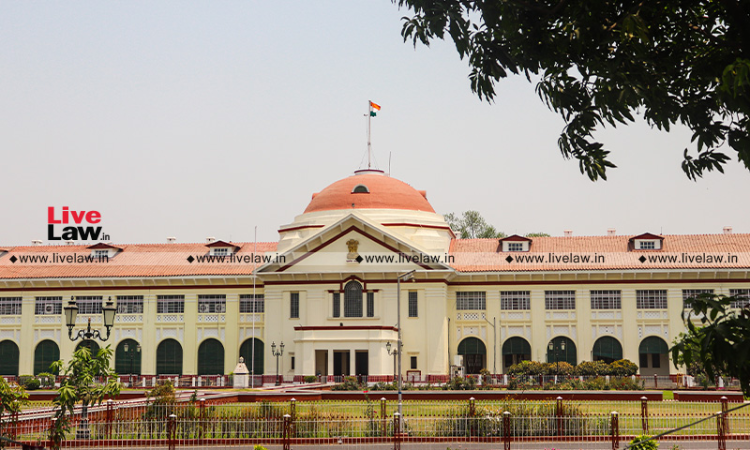Pre-deposit For CGST/SGST Appeal Allowed Exclusively From Electronic Cash Ledger, Not Electronic Credit Ledger: Patna High Court
Bhavya Singh
3 Jan 2024 2:30 PM IST

Next Story
3 Jan 2024 2:30 PM IST
The Patna High Court has recently ruled that pre-deposit for maintaining an appeal under Section 107(6)(b) of the CGST/SGST Act is permissible solely by utilizing amounts from the Electronic Cash Ledger and not the Electronic Credit Ledger.The division bench comprising Justices Madhuresh Prasad and Chakradhari Sharan Singh observed, "This court is also of the unambiguous conclusion that...
